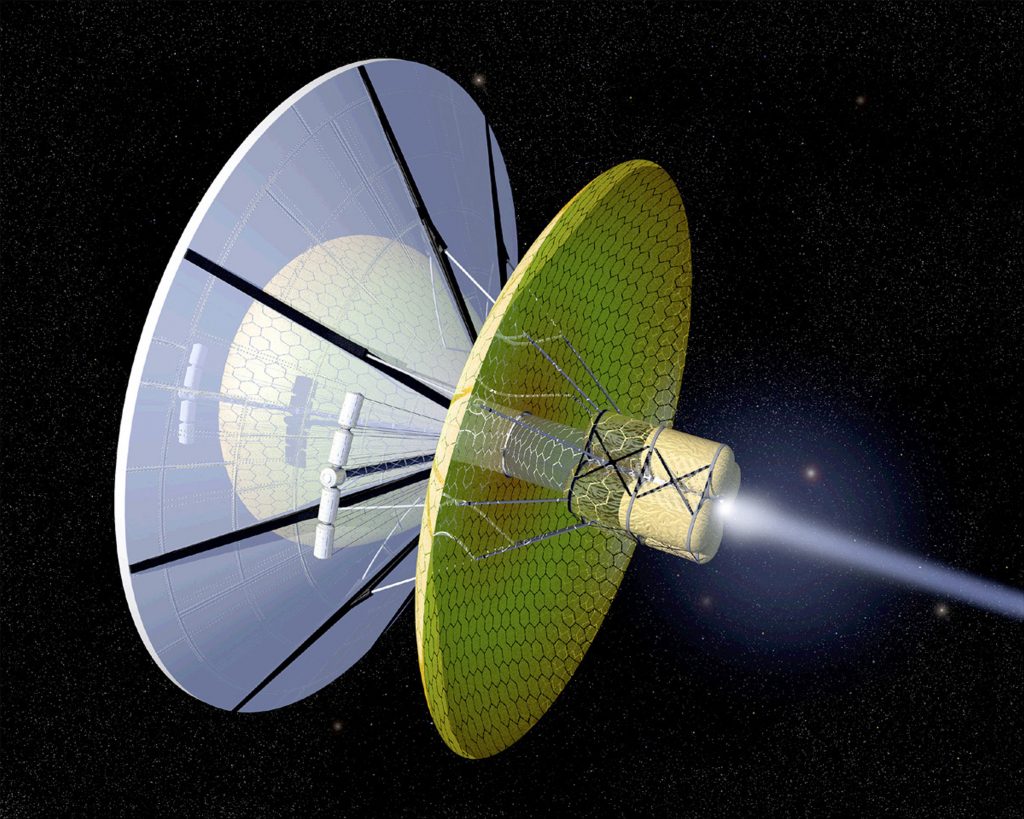There is but one truly serious physical problem and that is interstellar travel. Although not theoretically impossible, it has ever been largely considered unfeasible, leaving this important topic abandoned, controversial, and left in despair to speculative physics. In this talk, I will give a constructive yet critical overview of the main ideas that have been proposed to reach the stars: relativistic reaction propulsion, generation ships, spacetime distortions, and faster-than-light travels. We will then focus on what is likely the most plausible options: directed energy propulsion and interstellar (Bussard) ramjets. Detailed numerical examples of interstellar exploration with nanoprobes (Starshot project) and manned spaceships will be given, based on recent modeling within relativity that have revived the topic. The goal of the talk is to show at which conditions interstellar travel might become possible in the real world, without relying on speculative physics, and what are some key research issues that should be investigated nowadays to reach the stars in the future.

About the speaker
Pr. André Füzfa is a theoretical astrophysicist based at the Institute for Complex Systems at the University of Namur (Belgium). He has a wide research background in cosmology (dark energy and large-scale formation), modified gravity and tests of general relativity, primordial black hole formation, and detection, as well as sci-fi, inspired topics like gravitational field generators and interstellar travel. He has also patented two devices of electromagnetic generators and detectors of gravitational waves.